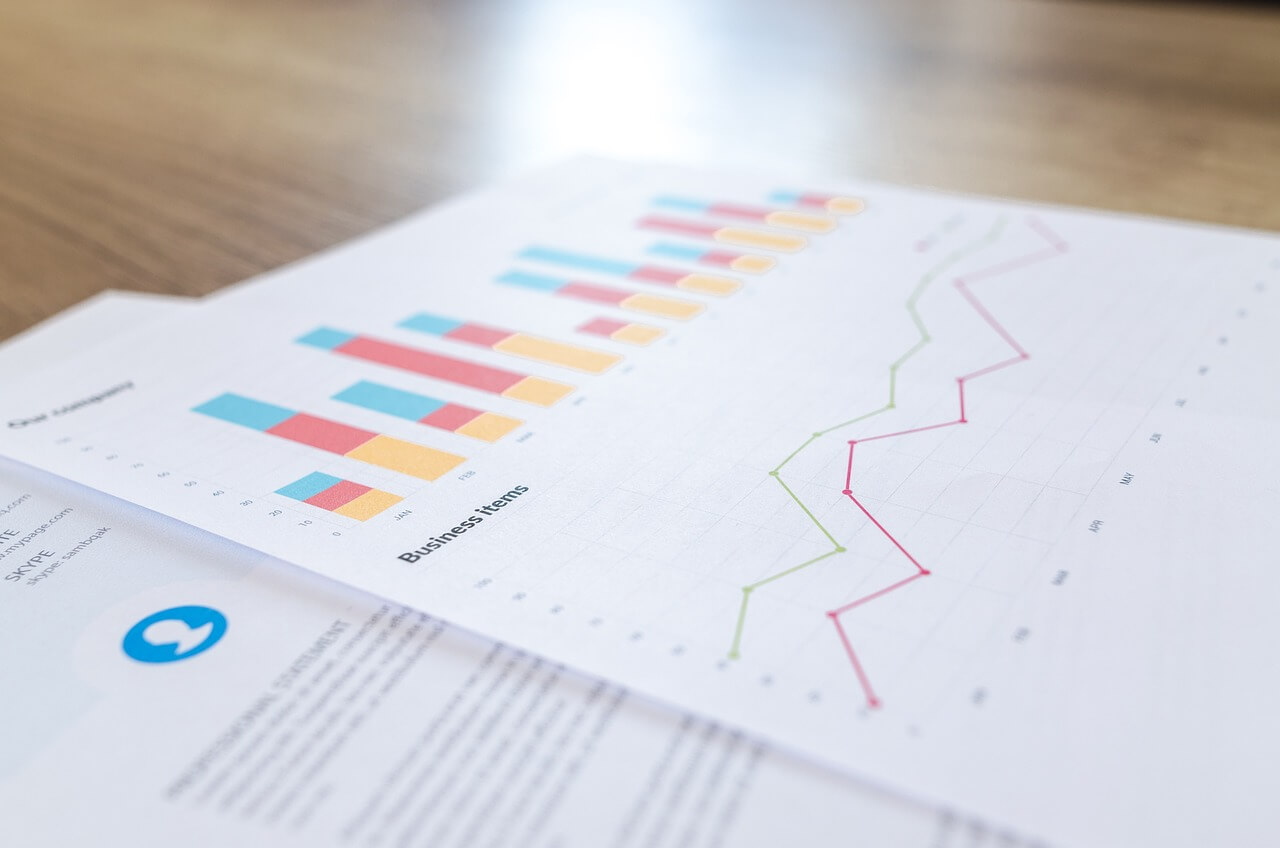Debt relief is a financial strategy employed by individuals who find themselves overwhelmed by debt and are seeking ways to regain control of their finances. This strategy can take various forms, including debt consolidation, debt settlement, credit counseling and bankruptcy.
While these options can provide much-needed relief from the burden of debt, one common concern is how they may impact your credit score. In this article, Finger Finance will explore the impact of debt relief on your credit and discuss the various methods of debt relief, their potential consequences, and how to minimize any negative effects on your credit.
What Is A Credit Score?
Before delving into the impact of debt relief on your credit, it is essential to understand the basics of credit scores. Credit scores, often represented by a three digit number, are a numerical reflection of your creditworthiness. They are used by lenders, landlords, and even potential employers to assess how likely you are to repay borrowed money.
The most widely recognized credit scoring models are FICO and VantageScore. These scores are calculated based on several factors, with the most critical components being:
- Payment History: This accounts for the largest portion of your credit score and reflects whether you have paid your bills on time.
- Credit Utilization: This is the percentage of your available credit that you’re currently using. High credit card balances relative to your credit limits can negatively impact your score.
- Length of Credit History: This considers the age of your credit accounts, with longer histories generally being viewed more favorably.
- Types of Credit: Having a mix of different types of credit, such as credit cards, installment loans and mortgages, can positively influence your score.
- New Credit: Opening multiple new credit accounts in a short period can indicate financial instability and lower your score.
What Is The Impact of Debt Relief Methods on Credit?
Debt relief methods vary in their impact on your credit. Here is a breakdown of how each of these methods may affect your credit score:
1) Debt Consolidation
Debt consolidation typically involves taking out a new loan, like a personal loan or a balance transfer credit card, to pay off existing debts. This process can have a mixed impact on your credit:
- Positive: It may positively affect your credit score by reducing credit card balances and streamlining your debt. Timely payments on the new consolidation loan can contribute to a better payment history.
- Negative: Opening a new credit account and applying for new credit can lead to a temporary dip in your credit score due to inquiries and the average age of your accounts.
2) Debt Settlement
Debt settlement involves negotiating with creditors to pay a portion of what you owe, often in a lump sum, to settle the debt. The impact on your credit can be significant:
- Negative: Debt settlement usually results in accounts being reported as “settled” or “charged-off,” which has a negative impact on your payment history. This negative mark remains on your credit report for several years.
3) Credit Counseling
Credit counseling involves working with a nonprofit agency to create a debt management plan (DMP) to repay your debts over time. The credit impact is typically more neutral:
- Neutral: Enrolling in a DMP may not directly impact your credit score. However, it may involve closing some of your credit card accounts, which can affect your credit utilization.
4) Bankruptcy
Bankruptcy is a legal process where you seek relief from your debts and can have a substantial impact on your credit:
- Negative: Bankruptcy is one of the most damaging events for your credit. It can lower your score significantly and stay on your credit report for several years, impacting your ability to obtain new credit.

How To Minimize The Impact Of Debt On Your Credit
While various debt relief methods may have negative consequences for your credit, there are ways to minimize the damage and start rebuilding your credit:
Make Timely Payments
Regardless of the debt relief method you choose, it is crucial to make timely payments on any new credit accounts or debt management plans.
Budget and Financial Management
Adopt strong financial management practices. Creating and sticking to a budget can help you avoid accumulating new debt.
Monitor Your Credit
Regularly review your credit reports for accuracy. Report any discrepancies or errors to the credit bureaus.
Rebuilding Credit
Once you have completed a debt relief program or your financial situation stabilizes, focus on rebuilding your credit. You can do this by applying for a secured credit card, using it responsibly and gradually applying for other types of credit.
Seek Professional Guidance
Consult with a financial counselor or advisor to help navigate the best path forward and make informed financial decisions.
The Bottom Line
Debt relief is a viable option for individuals facing overwhelming debt, offering a chance to regain financial control and work toward a more stable future. However, it is essential to understand that the various debt relief methods can impact your credit in different ways. While some may result in temporary or long-term damage, others may have a more neutral or even positive effect on your credit score.
Before deciding on a debt relief strategy, it is advisable to weigh the potential credit impact against the benefits and consider your long-term financial goals. If debt relief is the right path for you, remember that with responsible financial management and patience, you can rebuild your credit over time and work toward a healthier financial future.



